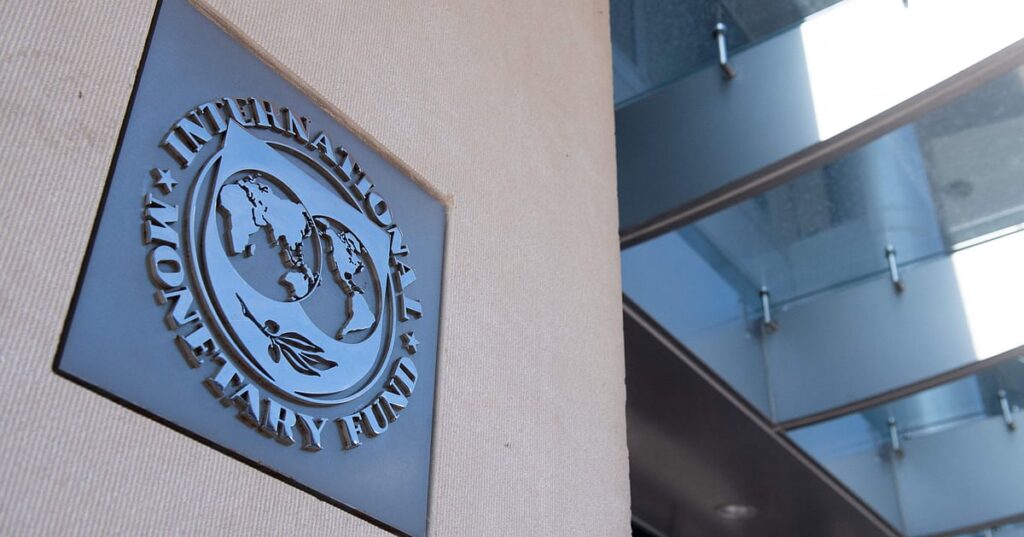The briefing, held at Bangladesh Bank, was attended by Chris Papageorgiou, Head of the Development Macroeconomics Section at the IMF’s Research Department, along with nine other delegation members.
Prior to the briefing, the IMF mission held meetings with various government departments, including Finance Adviser Salehuddin Ahmed, from 6 April through Wednesday.
Expressing the IMF’s willingness to cooperate with the people and government of Bangladesh, Papageorgiou noted that further discussions will continue at the IMF-World Bank Spring Meetings in Washington, D.C., scheduled for 21–26 April.
Papageorgiou acknowledged that Bangladesh’s economy is facing multiple challenges due to global uncertainties. In the first half of the current fiscal year, gross domestic product (GDP) growth declined to 3.3 per cent, down from 5.1 per cent during the same period in the previous year.
He attributed the slowdown to political unrest, tight monetary policies, and investment uncertainty. However, inflation has eased from a decade-high of 11.7 per cent to 9.4 per cent, though this remains significantly above the Bangladesh Bank’s target range of 5 to 6 per cent.

